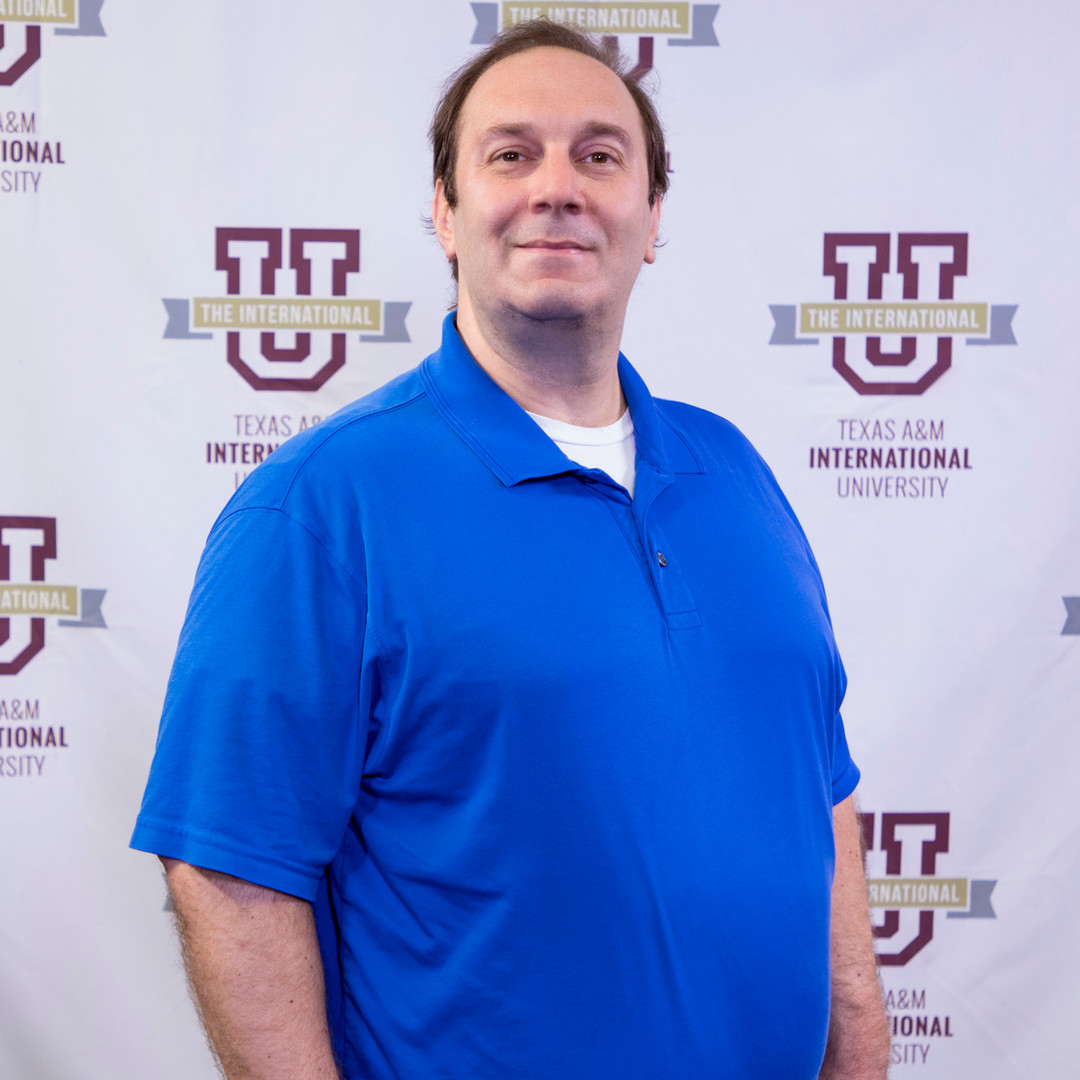Degree Programs
DEPARTMENT CHAIR
PROGRAM DIRECTORS

Director of Physics
Instructional Assistant Professor of Physics
PLG 204J
956.326.2589
aaron.modic@tamiu.edu
Contact:
Department of Mathematics and Physics
Lamar Bruni Vergara Science Center (LBV) 312
Phone: 956.326.2440 | Fax: 956.326.2439
